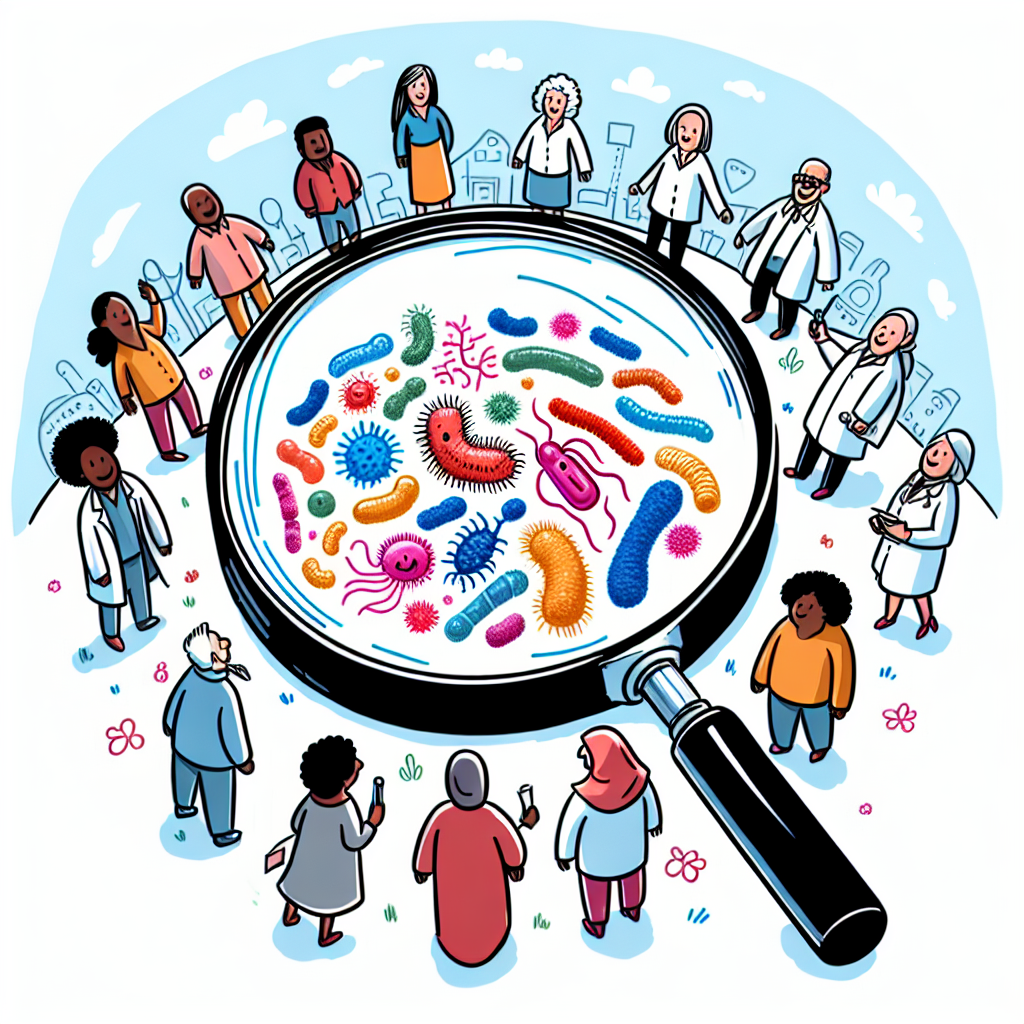
The Gut Microbiome and Long-term Public Health
Public health is not just influenced by present conditions but is significantly impacted by past factors, including medication usage. Recent research shines a light on how medication affects the gut microbiome, potentially shaping health outcomes years later. The link between our gut flora and long-term health is more profound than previously understood, and it underscores a crucial consideration for healthcare providers.
The Relationship Between Medications and the Gut Microbiome
A study published by The Scientist highlights how long-term medication use can lead to alterations in gut microbiomes. Researchers found that people who used certain drugs over extended periods experienced significant changes in their gut flora. The more extended the medication period, the more profound the changes observed.
These findings suggest that medications administered to address current health conditions might have long-term consequences worthy of careful consideration, especially for chronic disease management and prescription practices.
Understanding the Gut Microbiome’s Role
The human gut microbiome plays a versatile role in maintaining not only digestive health but also in supporting immune function and mental well-being. Any alteration in its balance can lead to various conditions such as obesity, diabetes, and even mental health disorders. Thus, understanding the impact of medications on the microbiome is crucial in devising holistic health interventions.
Medication as a Double-Edged Sword
While medications are essential in combating ailments, their role as a possible disruptor of gut health calls for a delicate balance. This balancing act includes considering the types of medications prescribed and their durations, alongside potential alternatives such as lifestyle modifications and dietary adjustments.
Potential Health Implications
- Chronic Conditions: Long-term changes in gut flora may predispose individuals to conditions like inflammatory bowel diseases and metabolic disorders.
- Mental Health: Studies suggest a link between gut health and mental health, indicating potential repercussions in depressive and anxiety disorders.
- Immune Function: A disrupted microbiome can impair immune responses, making individuals susceptible to infections.
Strategies for Mitigating Risks
Public health strategies should emphasize the prevention of microbiome alteration through tailored healthcare practices. Physicians could incorporate the following into their practices:
- Probiotics: Introducing probiotics can help maintain or restore healthy gut flora during and after courses of medication.
- Dietary Adjustments: Encouraging a diet rich in fiber and diverse nutrients supports a robust microbiome.
- Patient Education: Educating patients on the importance of gut health and its relation to their medication can enhance adherence to dietary and lifestyle interventions.
Looking Forward
This emerging field of study encourages the healthcare sector to consider a more integrative approach that includes gut health as a key factor in prescription practices. It also emphasizes the need for further research into the varying impacts of different medications on the microbiome and subsequent health outcomes.
Conclusion
The impact of medications extends beyond immediate relief, influencing long-term public health through the microbiome. This knowledge prompts a shift towards more personalized medicine, where the gut’s role is considered in treatment plans, paving the way for innovative, preventive, and sustainable healthcare solutions.



